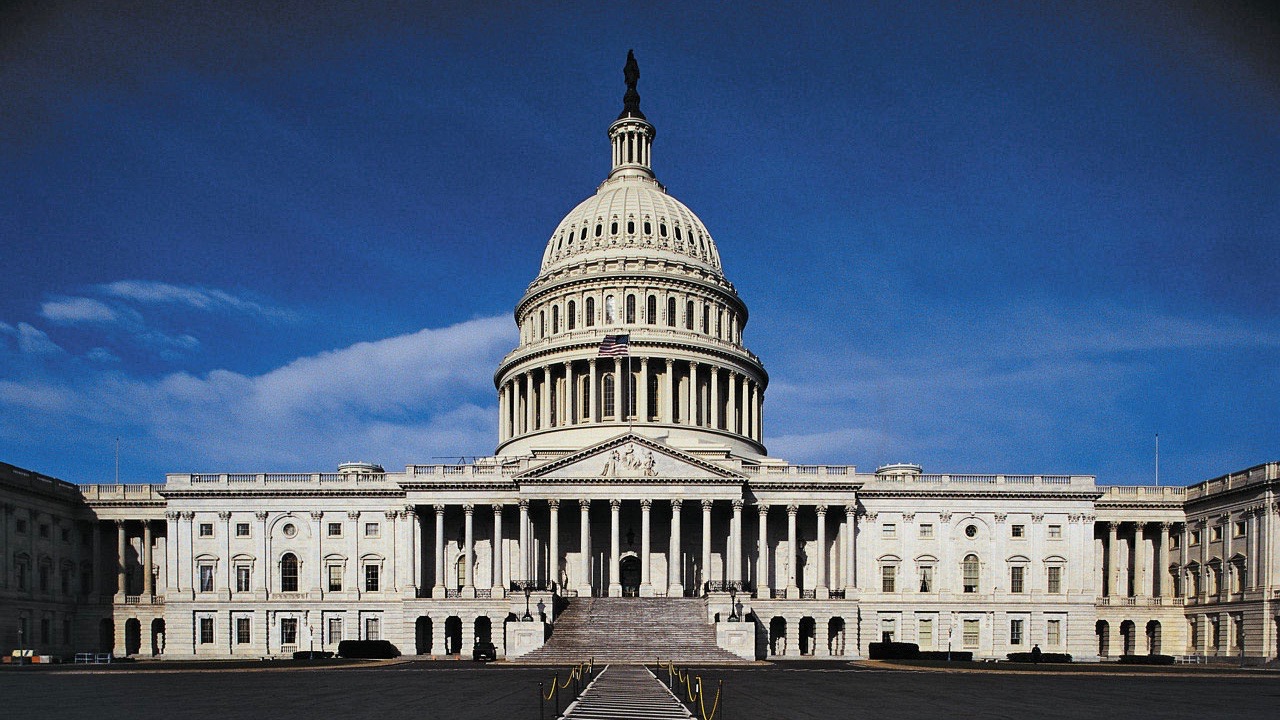After months of protracted negotiations between congressional leaders of the two parties, the US Congress has finally passed a USD 900 billion pandemic relief package. Both the houses of the Congress voted overwhelmingly in favor of the bill, on Monday December 21, with bipartisan support and only a handful of opposition. The new relief package was agreed upon as part of a USD 1.4 trillion spending bill in the negotiations that concluded late Sunday, December 20. The new federal spending bill will replace the existing spending bill that expired on December 21, and will be in effect until September 2021.
The USD 900 billion fund will be used to fund a one-time USD 600 stimulus checks for families affected by the pandemic and a hike of USD 300 per week for unemployment assistance. The single biggest part of the fund will go into the US 284 billion Paycheck Protection Program, to offer soft loans and other aid to small businesses to pay their employees.
Other plans include a USD 25 billion rental aid plan for tenants and specific funds for public schools, boosting coronavirus testing capabilities, aid for affected small businesses, vaccine distribution, and food assistance, among other things. The spending bill will also include a moratorium on foreclosures and evictions until January 31, and provisions to end “surprise” medical billing.
The new relief package will be the second biggest stimulus program to be rolled since the USD 2.3 trillion stimulus and aid package, CARES Act, passed in March this year. Yet, the relief plan has been received with much disappointment across the board.
Some of the most contentious issues during the negotiations, especially direct aid for state and local government demanded by the Democratic Party is prominently omitted in the bill. Major demands from civil society groups, labor and grassroots movements are also not addressed in the bill. Except for the small increase in unemployment assistance, nothing significant has been planned to rehabilitate the those who will suffer because of the 10 million jobs lost during the pandemic.
The deal also gives a short shrift to the millions who are facing food insecurity and risking homelessness and poverty. The one-time stimulus check for affected individuals has come down from USD 1,200 to USD 600. Coming after nine months, this hardly helps people to sustain themselves. Moreover, many have also criticized the very short moratorium on evictions granted for tenants. Over 20 million were estimated to have been facing evictions if the current spending bill expired on December 21. A month is seen by many as insufficient, while many also point out that the real need is for rent cancellation as the accumulated rent for those in need will be impossible to pay.
Compared to a grand total of USD 6 trillion in aid and stimulus measures for big corporate entities given out this year alone, in different relief packages, the latest stimulus package for average US citizens and small businesses is far too less and barely a “shot in the arm” that Democratic senate minority leader Chuck Schumer makes it out to be.
Additionally, the two parties in the Congress had very little debate on provisions in the bill that lavish millions of dollars on foreign policy issues that are just the continuation of US imperialism. This includes USD 33 million for “democracy programs” in Venezuela and a whooping USD 500 million for “Israeli Cooperative Programs”. The half a billion to Israel includes USD 73 million to reinforce the infamous “Iron Dome”, that has killed hundreds of Gazans.
While Democrats in the Congress promise to seek for a better package once Joe Biden takes over the office next month, the fact remains that they will continue to face the same Republican majority in the Senate that was ready to let the stimulus checks and other aid expire.
The US continues to be the worst-affected nation in the COVID-19 pandemic, with more than 18 million reported infection and nearly 325,000 fatalities. The economy has also suffered a major blow, with the gross domestic product (GDP) shrinking by 10 per cent since December 2019, the number of unemployed doubling to reach around around 11 million, closure of over 100,000 small businesses, and over 162,000 individuals evicted since the onset of the pandemic.





